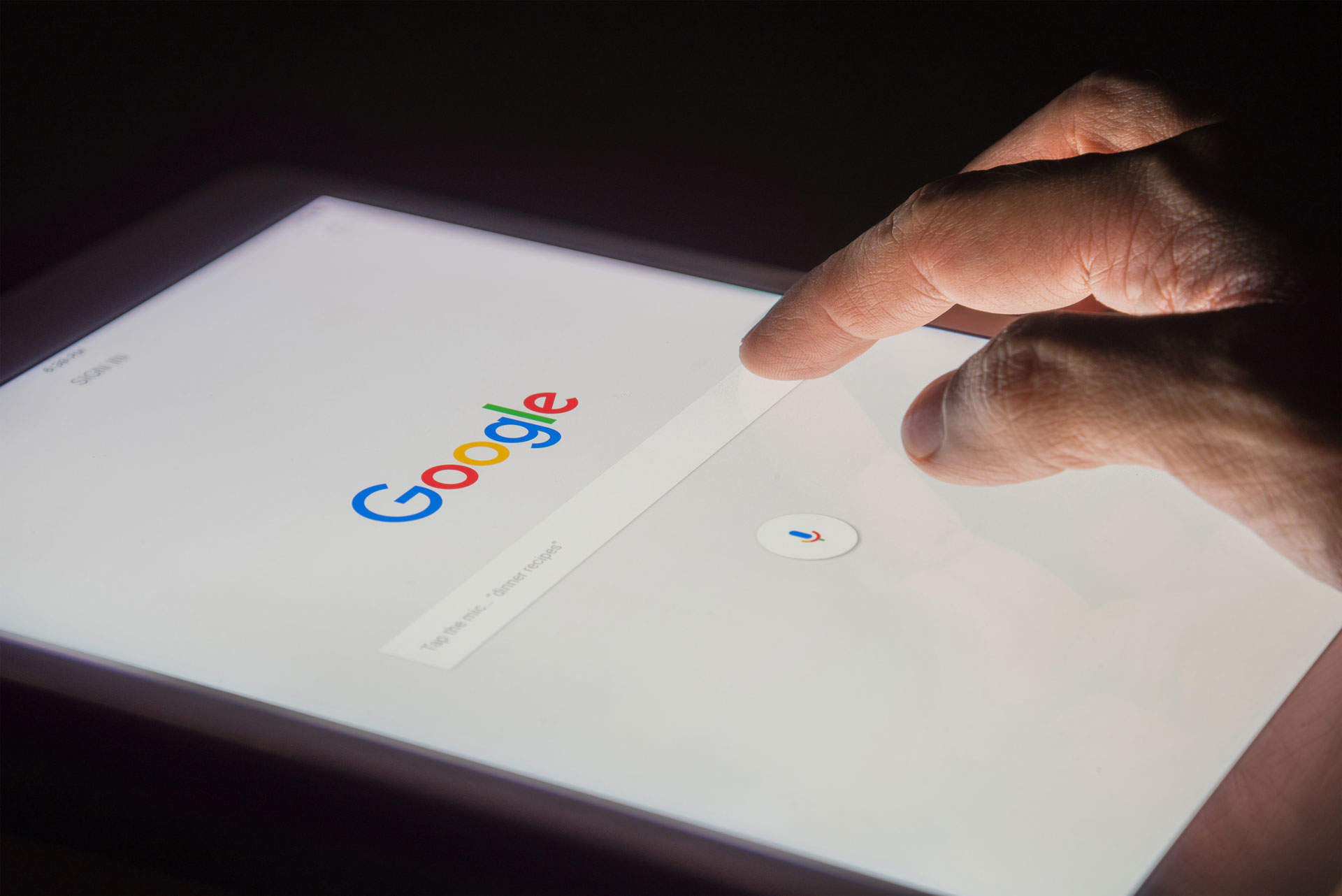
The Alphabet results are out, and what many have long suspected has finally been confirmed: major technology companies are now more or less untouchable to regulators.
Last week Google’s owners were hit with a record-breaking fine of $5bn by the European Commission for breaching monopoly rules on the Android operating system. The move was hailed as a key step by EU antitrust chief Margrethe Vestager.

Access deeper industry intelligence
Experience unmatched clarity with a single platform that combines unique data, AI, and human expertise.
“Google has used Android as a vehicle to cement the dominance of its search engine,” she told reporters following the announcement.
US President Donald Trump characterised the fine as an attempt to hurt US business interest, writing in a characteristically impassioned tweet: “The European Union just slapped a Five Billion Dollar fine on one of our great companies, Google. They truly have taken advantage of the US, but not for long!”
But others were more sceptical of the impact the fine would have, and they were right.
Alphabet results shrug off EU fine
Reporting its second-quarter earnings on Monday, Google’s parent company made it clear that the fine barely made a dent in the company’s profits.

US Tariffs are shifting - will you react or anticipate?
Don’t let policy changes catch you off guard. Stay proactive with real-time data and expert analysis.
By GlobalDataEarnings were dramatically higher than expected, offsetting the eye-watering fine that would have had the CEOs of most other major companies resigning on the spot.
Notably, much of Alphabet’s gains were due to investments, not on operating profit, with gains of $1.06bn in securities alone.
The result was that shares rose following the Alphabet results, with the majority of Wall Street analysts saying that Alphabet stock was a ‘buy’.
“We see the stock as under-owned and now supported by a compelling medium narrative on top of a durable high-quality name with meaningful value not currently reflected in the shares, in our view,” Deutsche told CNBC.
“Whilst a $5bn EU fine sounds gigantic, the exponential growth of hyper-scale computing players like Google means that it seems investors are comfortable that regulation is not a barrier to business,” summarised Josh Hewer, senior analyst at GlobalData Technology.
Untouchable Google: Alphabet as a monopoly
For Alphabet, the positive reception to the quarter two results is naturally good news, but it highlights the untouchable nature of the company.
The issue lies in a monopoly brought about by relative scale. Alphabet is too large, and has too much support from users to be challenged effectively, as it dominates in much of the digital space.
One example of this is in online advertising, which Google is the firm leader in. And areas such as these are unlikely to be disrupted by regulation.
“Alphabet’s ad revenues (through Google) do not seem to be under threat, and that business model is alive and well,” explained Alaa Owaineh, lead analyst at GlobalData Technology.
“Google just enjoys too much of a dominance over internet advertising to be under threat in the near future – regulation might impact its ability to collect data and target the ads effectively, but it is unlikely to impact overall ad revenues.”
Significantly, this sets Alphabet apart from other major corporations operating in spaces with greater competition.
Hewer contrasts the situation with Chinese firm ZTE, which was recently forced to pay a $1bn fine in the US. In this instance ZTE did suffer as a result of the fine, mainly because “competitors do exist” in the space the company is operating in.
Alphabet the megacorporation
Alphabet’s position confirms a growing concern. The megacorporations characterised in cyberpunk novels are now a reality, and they are essentially untouchable.
Along with a similarly sized and similarly unique collection of companies, Google’s parent company is now in a position where truly punishing it for wrongdoing would do more harm to those relying on it.
“There is only so much regulators can do before it negatively impacts the lives of its citizens,” said Hewer.
“Without sounding hyperbolic, cutting access to Google might have the same impact as no electricity.”
This makes Alphabet immensely powerful, although so far the company has behaved in a way that has maintained a generally positive public image.
But for those looking to create competition in this space, the situation is incredibly challenging, and if the company decides to change tactics in the future, there will be virtually no one able to stop it.







